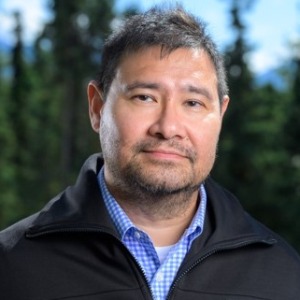Title : One Health Animal Disaster Management (OHADM) decision-making: Supporting veterinarians and animals in disasters
Abstract:
This presentation highlights how One Health Animal Disaster Management (OHADM) decision-making can support veterinarians, as members of incident management teams, to incorporate their professional duties regarding animal care and animal-human-environmental health in all stages of the disaster cycle, i.e., planning, mitigation, preparedness, response and recovery. We explore the role of veterinary expertise and positionality in disaster management through this integrated lens, which is aimed at improving the ethical standards for zoonotic disease management and animal health (including welfare) outcomes. Improving understanding of how veterinarians navigate the challenges they encounter while performing their professional duties throughout the disaster cycle can strengthen both disaster management practices and trust between these professionals and the communities touched by hazards like a spillover disease. OHADM is a moral and relational approach that is characterized by interdependency and interdisciplinarity. In the former case, human health is strongly interdependent with animal and environmental health. In the latter instance, interdisciplinary collaboration is vital to advancing interspecies health. OHADM can help set relationship-defined norms to minimize harms to vulnerable human and animal populations facing a hazard.
Our presentation examines the significance of advancing reflexive practices for veterinarians as members of incident command teams as a way to address key aspects of One Health management. We consider the significance of positionality of veterinarians to mitigate and prevent harms to animals and people during a disease outbreak, in regards to duties to plan, safeguard and steward during a crisis. Positionality refers to the social location of the veterinarians, and may include their professional identity, their experience, expertise and norm-defined professional responsibilities or location in institutional hierarchies. We discuss how veterinarians address these duties when managing hazards involved in interspecies disease outbreaks that are magnified by imperfect knowledge, value judgments, power imbalances and accountability, many hands, technical challenges and personal or systemic biases associated with the design, development, and deployment of a disaster management plan. This work builds off the Wellanimal Project’s results, which underscores that the development of plans and processes for One Health management should be informed by animal health (including welfare) and the value commitments and ethical motivations of a diverse range of publics. The project underscores the pivotal role veterinarians play in all phases of disaster management in One Health collaboration and coordination.



